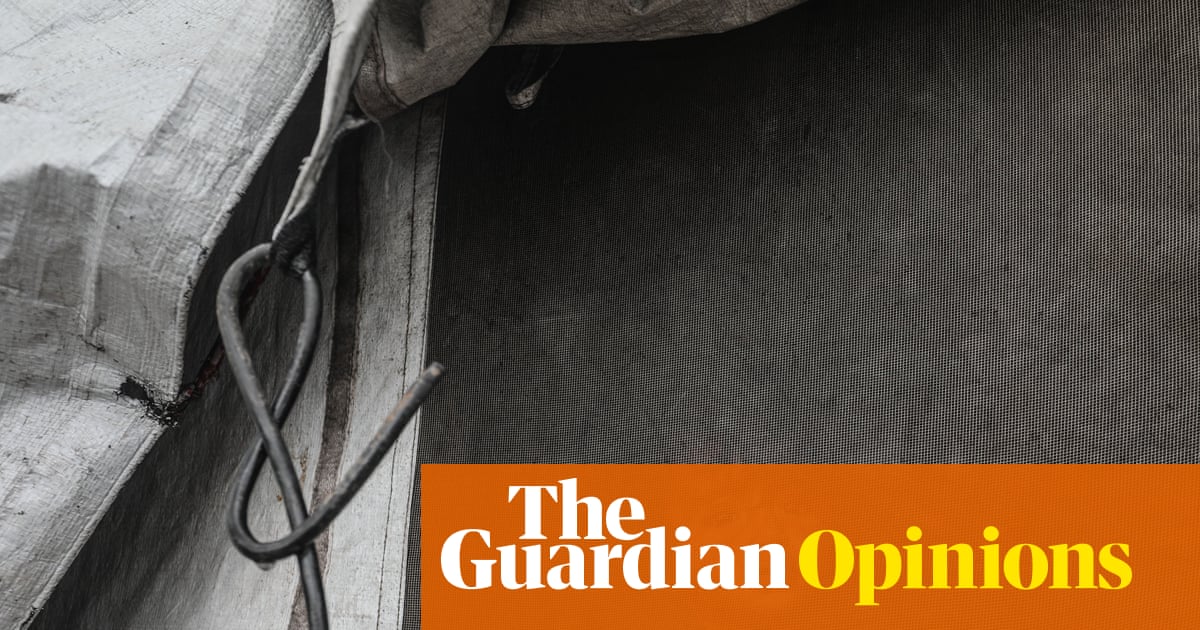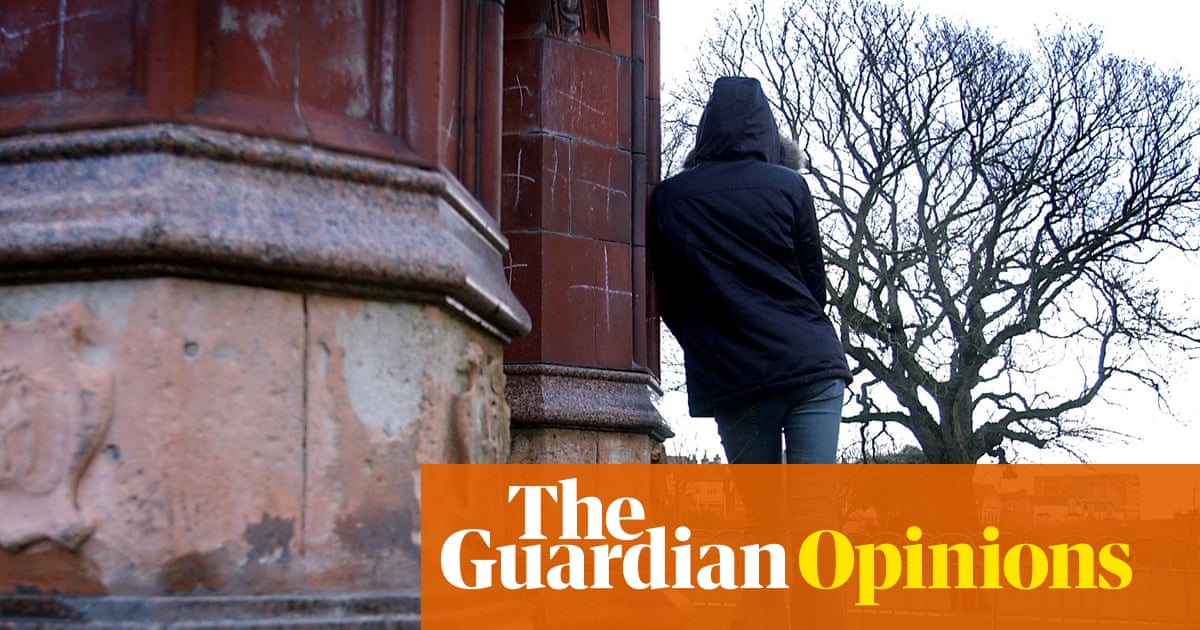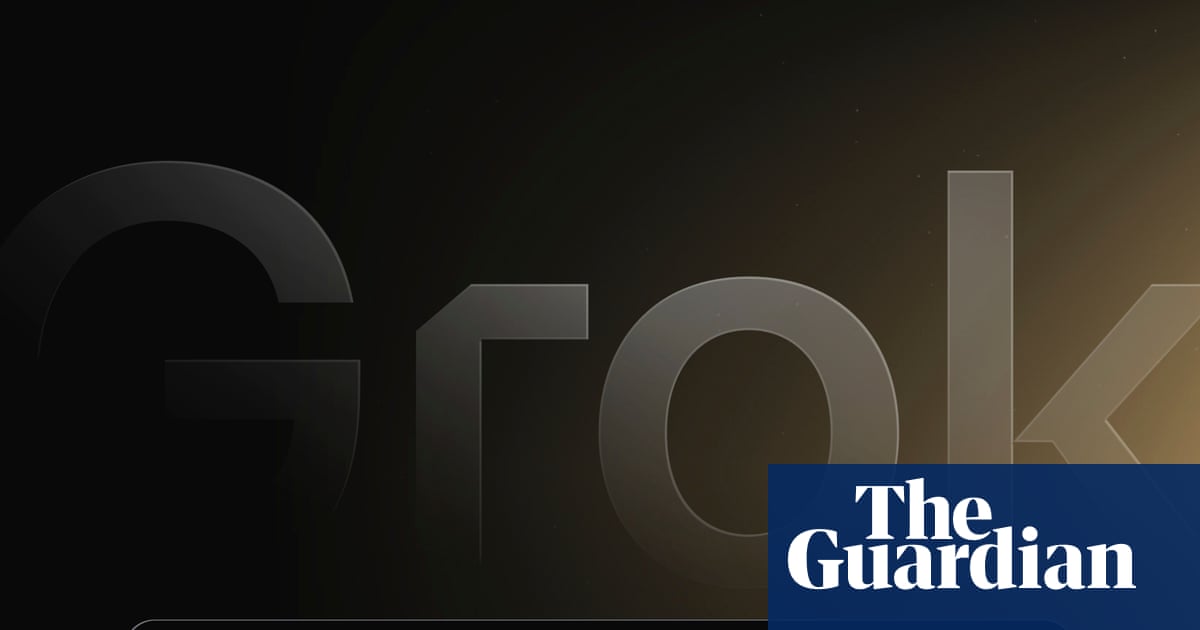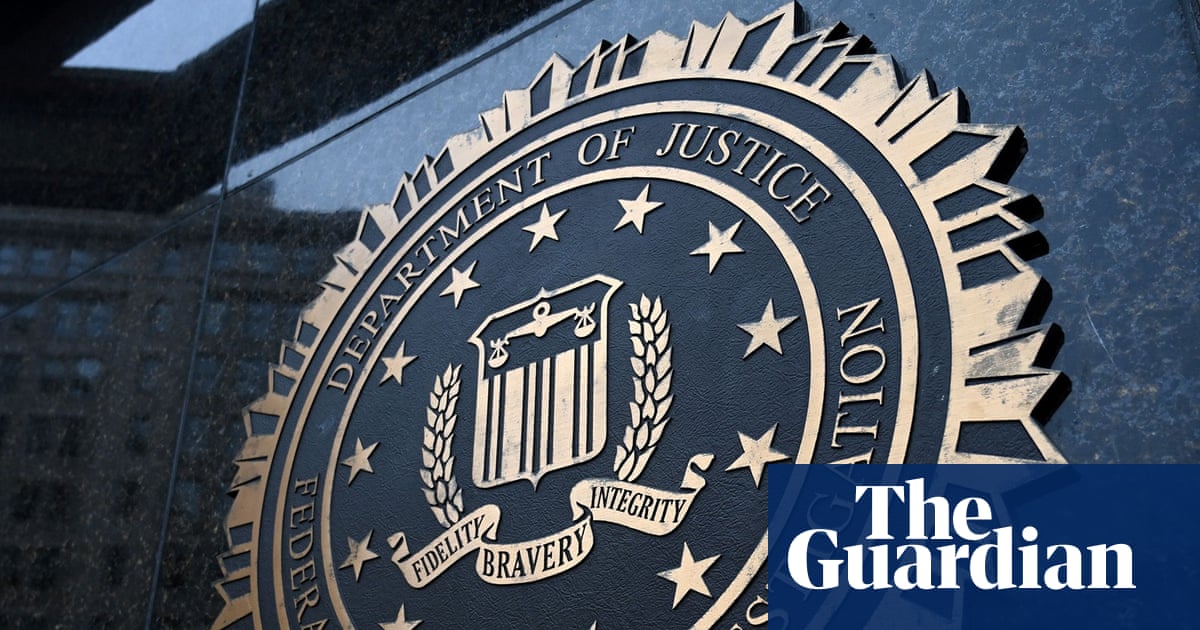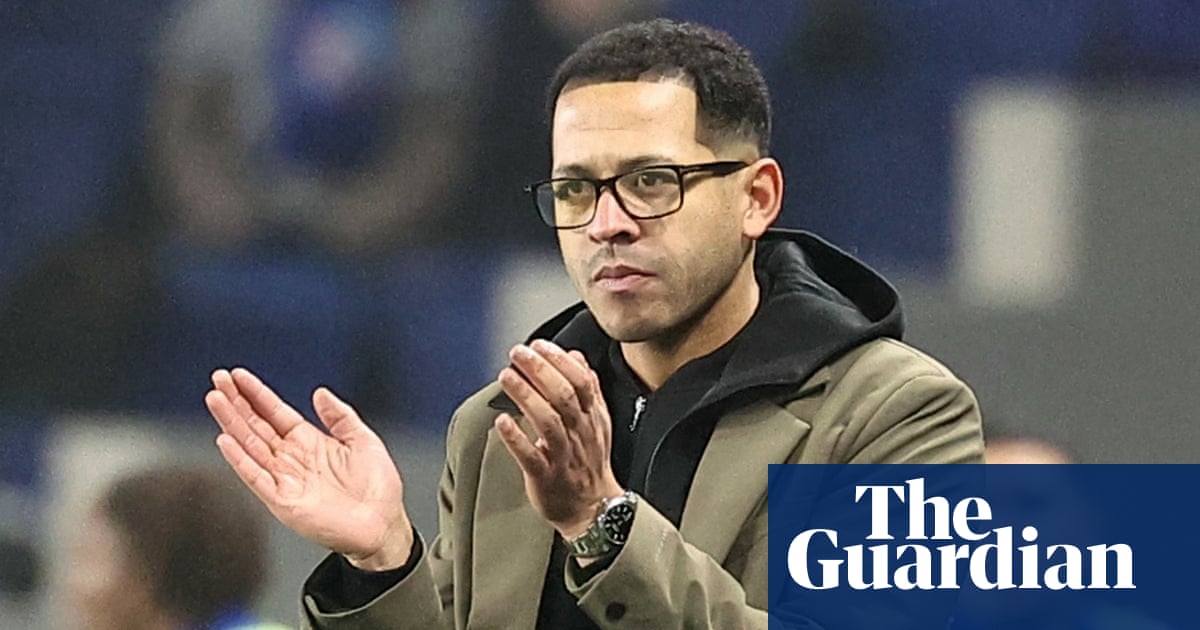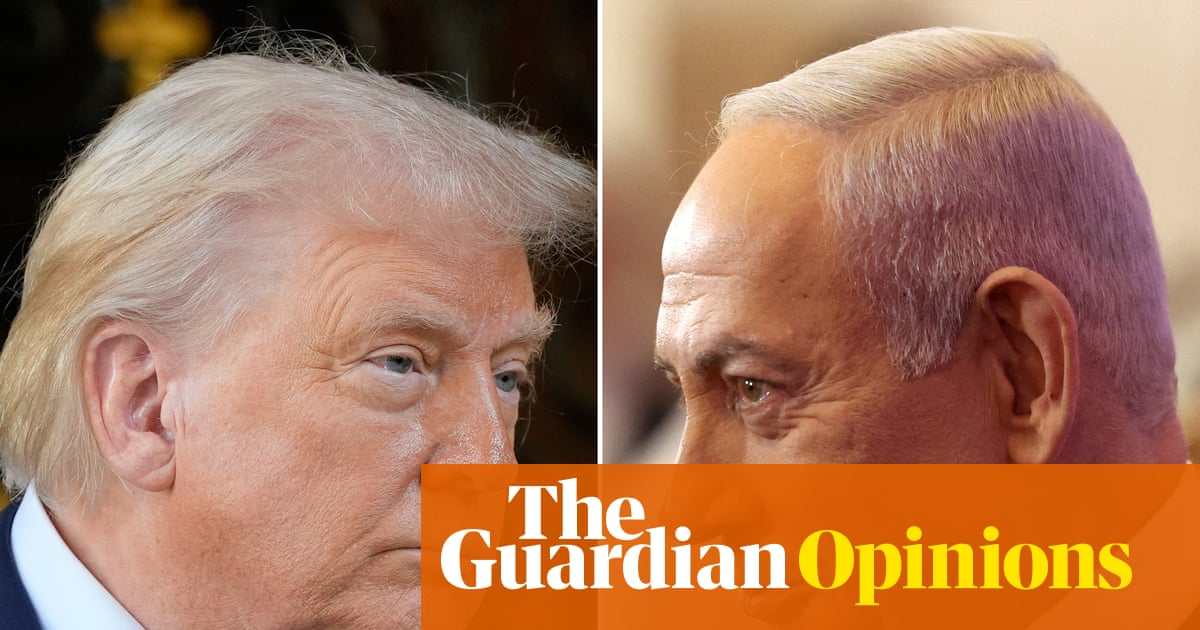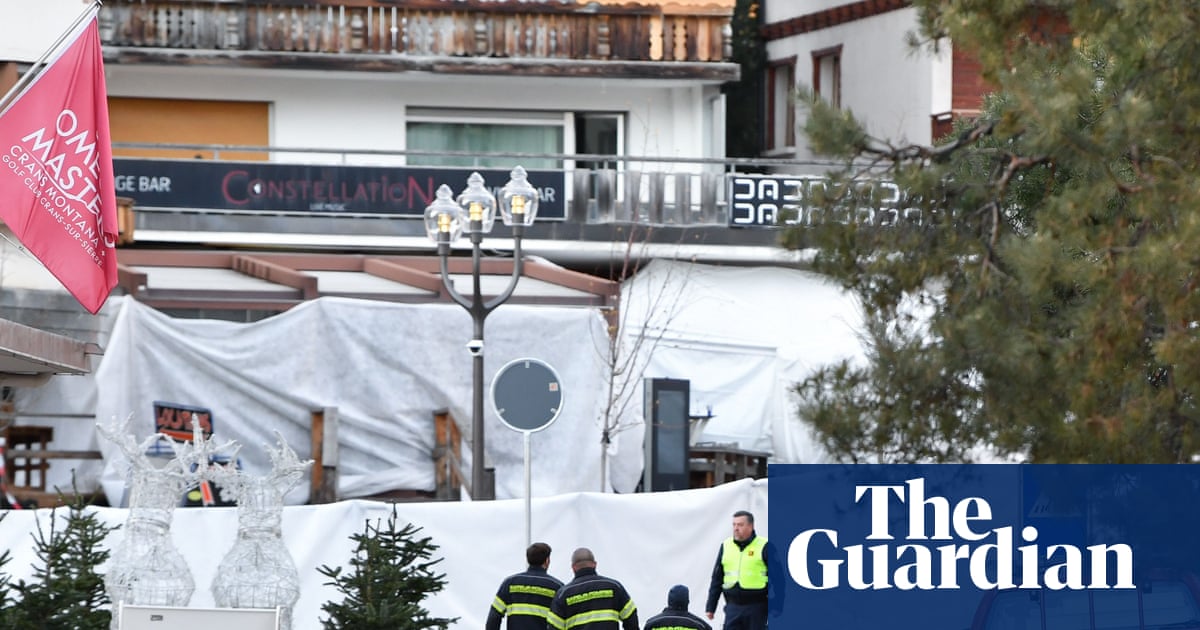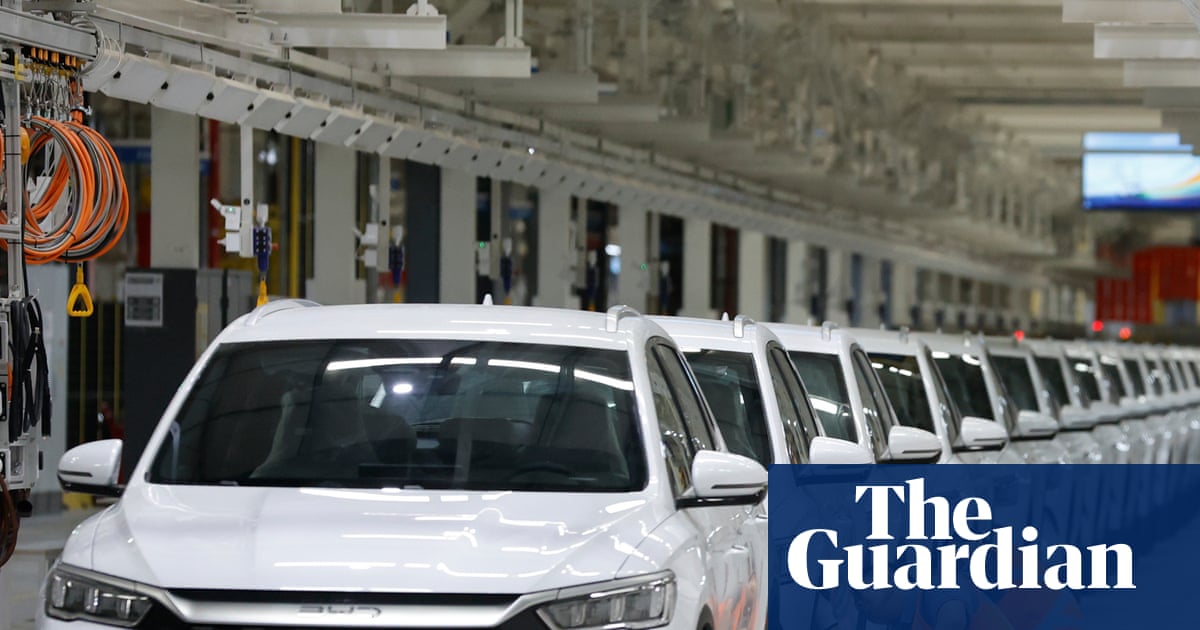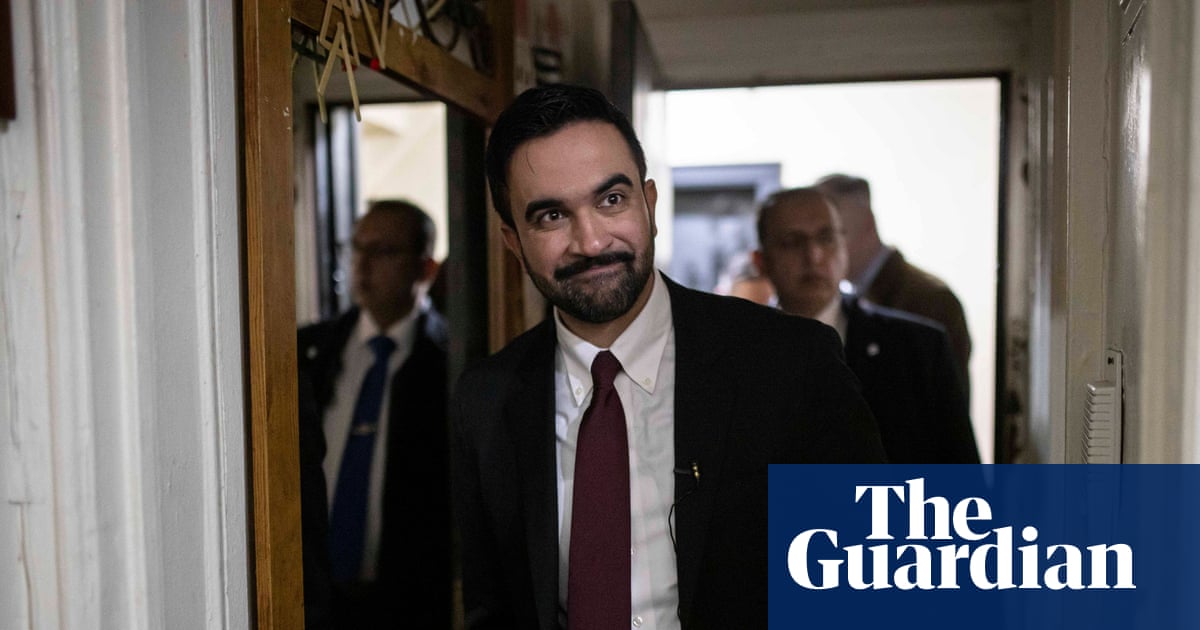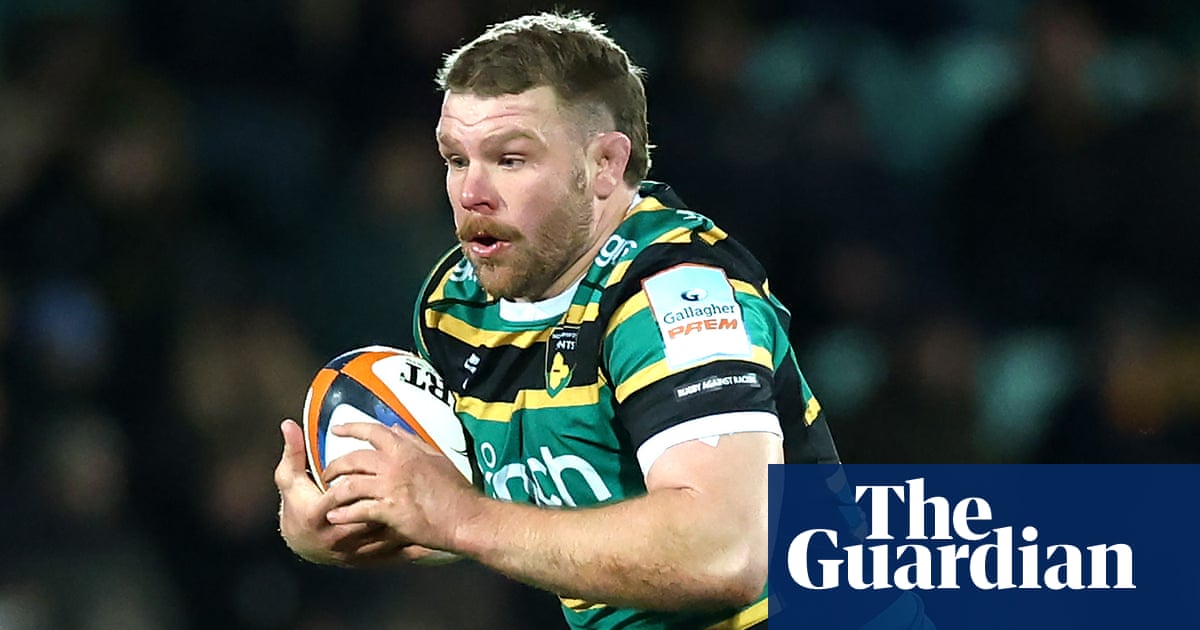The high-profile billionaires and their little-known legal and administrative employees who govern the Premier League can look forward to a quieter meeting than usual when they gather in Covent Garden for their first shareholders’ summit of the season on Tuesday.
If Daniel Levy’s absence after 25 years will feel strange to many longstanding attenders, it is the disappearance of Arsenal’s executive vice-chair Tim Lewis that will be most noticeable. “Tim used to bang the table so much that it needed reinforcing,” says one executive at another top-flight club.
Lewis had only five years at the Premier League’s top table but made his presence felt. The 62-year-old corporate lawyer brought the energy, ideas and self-certainty that helped transform Arsenal from drifting in the immediate post-Arsène Wenger years to sustained title challengers under Mikel Arteta. His perceived wisdom was less well received.
“Tim has ideas and opinions on every subject and they are always right,” another club source said, with some sarcasm. “His absence will certainly be felt, although he may not be missed. He was very forceful. I never had a problem myself. It will be one less person speaking at meetings I suppose. Other big voices like Steve Parish and Todd Boehly may come to the fore.”
Lewis was particularly forceful in urging the Premier League to strongly enforce its profitability and sustainability rules (PSR) and associated party transaction (APT) regulations, projecting Arsenal as leaders of the self-sufficient elite against state-funded clubs with theoretically unlimited means. This led to repeated clashes with executives from Manchester City and Newcastle, among others.
Such simmering ill-feeling led to a minor diplomatic incident at the Etihad Stadium last September when Lewis left the directors’ box having apparently failed to shake hands with his hosts after City’s last-minute equaliser. Unsurprisingly, some City executives struggled to disguise their feelings of schadenfreude at Lewis’s absence, after an 18-year association with the Kroenke family, during Sunday’s visit to the Emirates Stadium.
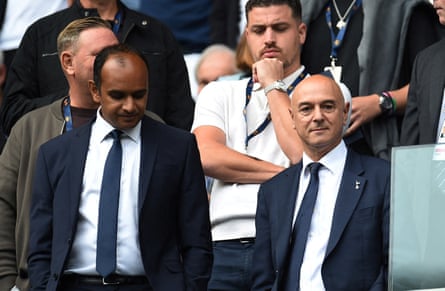
After Lewis was appointed executive vice-chair two years ago, a move that triggered the departure of Arsenal’s chief executive at the time, Vinai Venkatesham, he became particularly vocal at Premier League meetings. In addition to taking a strong line on PSR and APTs he pushed successfully for rules limiting the amortisation period of players’ contracts to five years, in response to the new Chelsea ownership handing out eight-year deals, but was unable to persuade the requisite 14 clubs to close other perceived financial loopholes such as the sale of property assets to related companies.
Levy pursued many of the same objectives by very different means, earning the grudging respect, rather than resentment, of others. Although he often drove the hardest of bargains as in his transfer negotiations, few of his peers knew what he was thinking until the time came for him to speak.
“I doubt there’ll be much impact felt from Daniel’s absence at the meetings themselves,” one said. “He was very careful not to antagonise people and would say very little. He was always very polite, never aggressive. He preferred to do his lobbying in private, as he didn’t want people to know what he was up to.
“The boardroom changes at Tottenham and Arsenal have got people talking, but I’d be surprised if it makes a substantive difference to the Premier League, as the instructions from the owners won’t change. Both clubs are run very prudently and I’m sure that will continue. They’ve both been big advocates of PSR and will vote for the new squad cost controls which are being proposed.”
after newsletter promotion
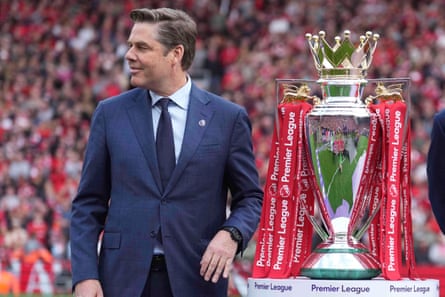
Levy’s de facto replacement at Premier League level will be Venkatesham, who joined Tottenham as chief executive during the summer 12 months after leaving Arsenal. Lewis has gone 18 years after he first advised Stan Kroenke on the purchase of the family’s initial 9.99% stake in Arsenal.
Richard Garlick has been promoted from managing director to chief executive as a result and will be the club’s main voice at Premier League level that, along with the return of Ventakesham, will delight the league’s chief executive, Richard Masters.
Garlick was director of football at the league until being recruited by Venkatesham for Arsenal four years ago, the beginning of a rapid rise which has taken the Yorkshireman to the most senior role at the club. The pair share the league’s vision for a competition that pursues global growth underpinned by robust financial regulations and will be collegiate in how they go about it.
The boardroom changes in north London add to the feeling of it being a more collaborative Premier League than has been the case in recent years, although the impending Manchester City verdict could blow the emerging consensus to smithereens.

 3 months ago
62
3 months ago
62
